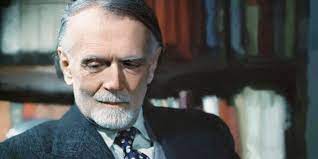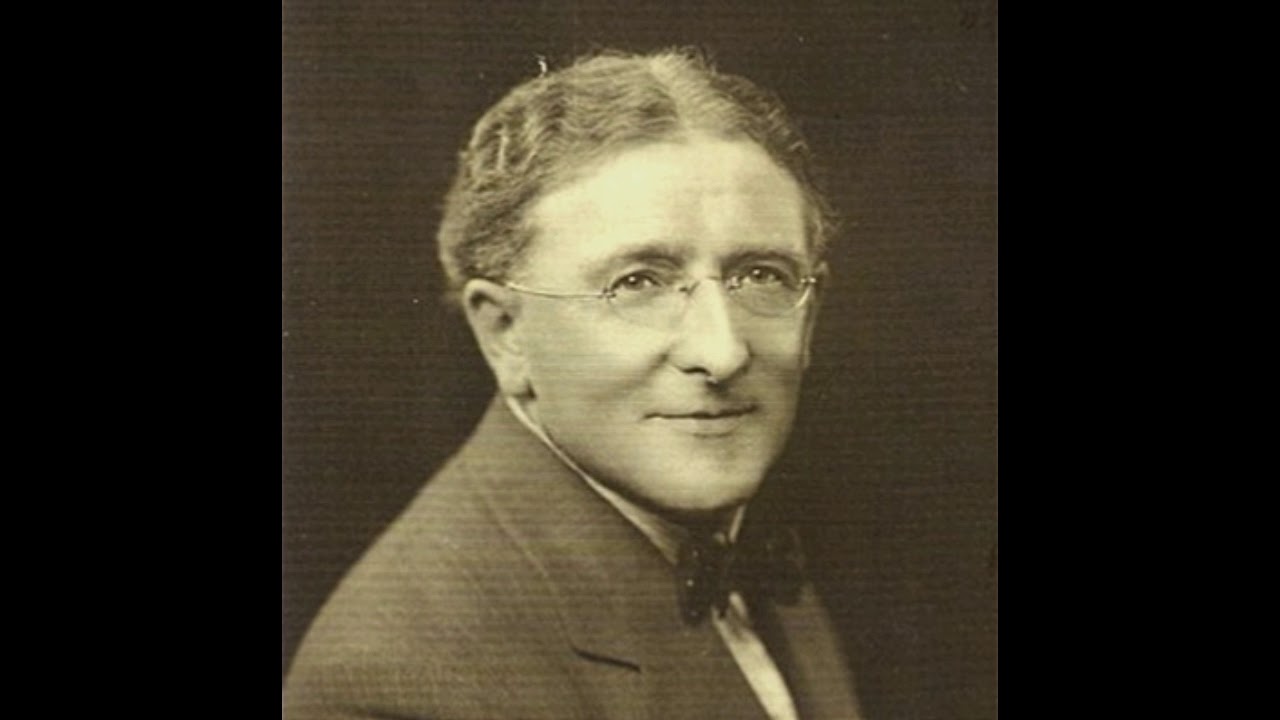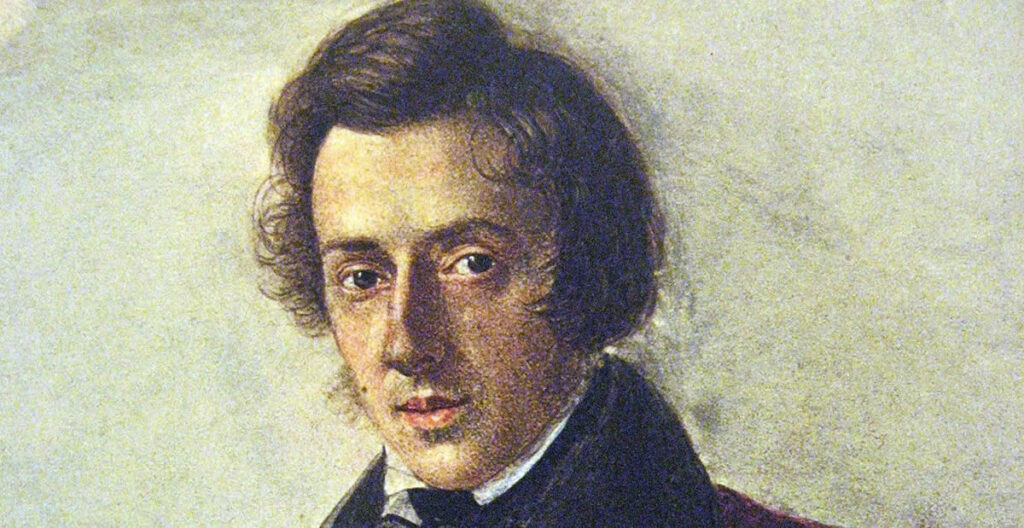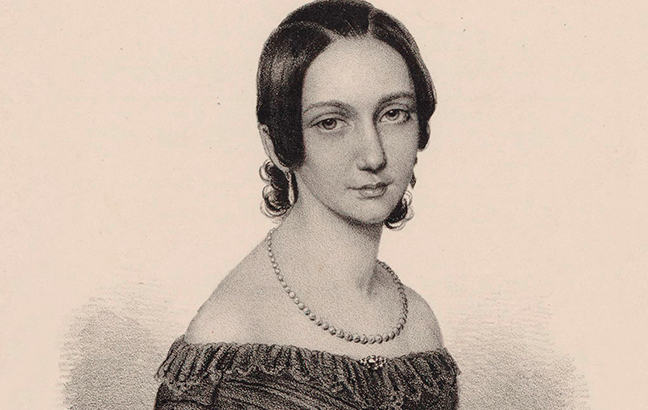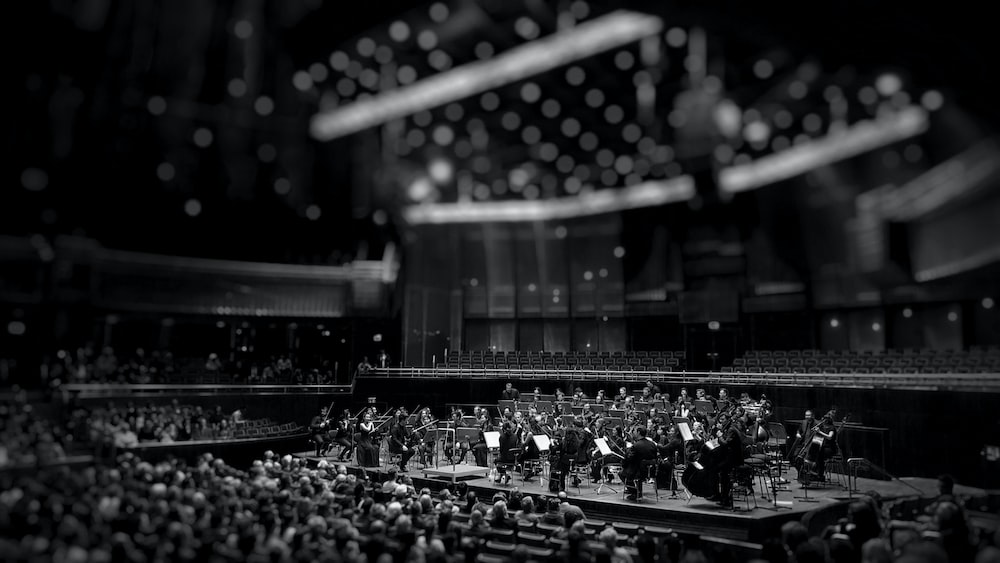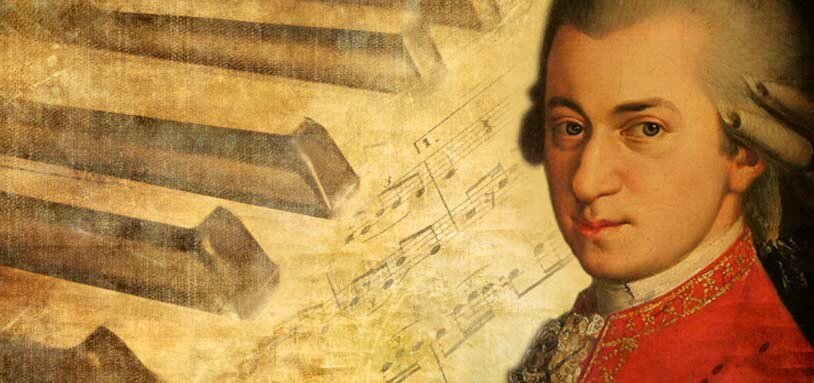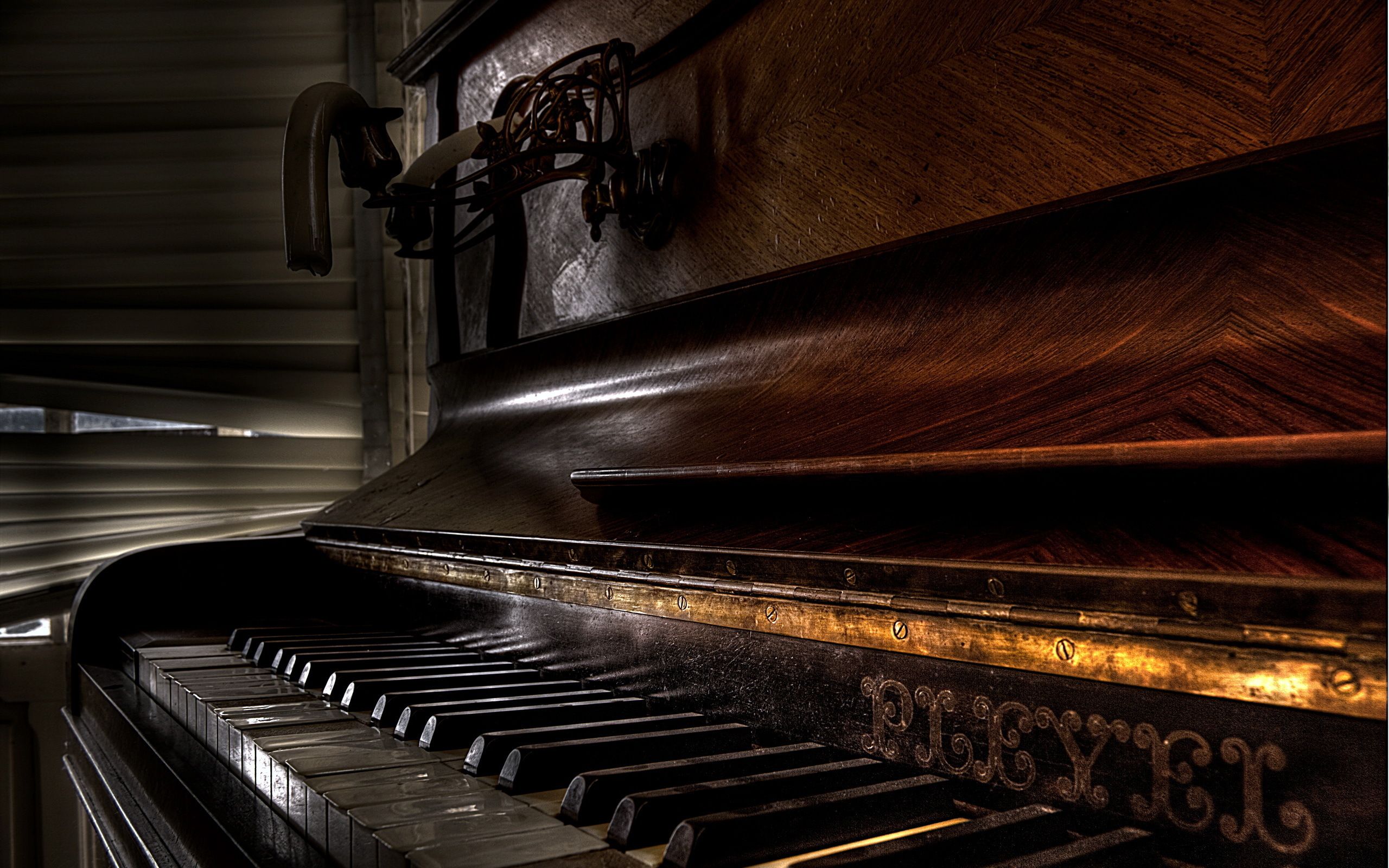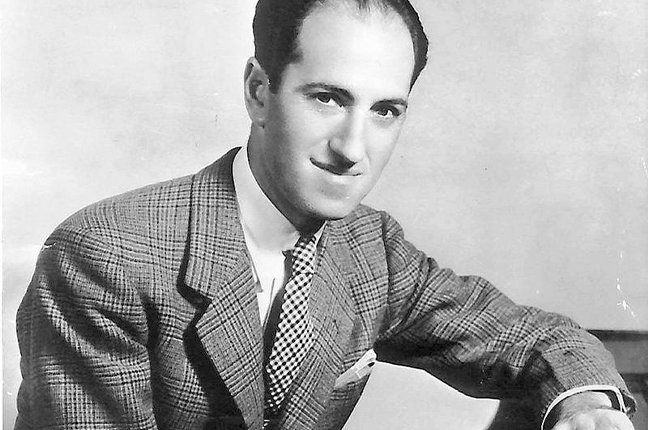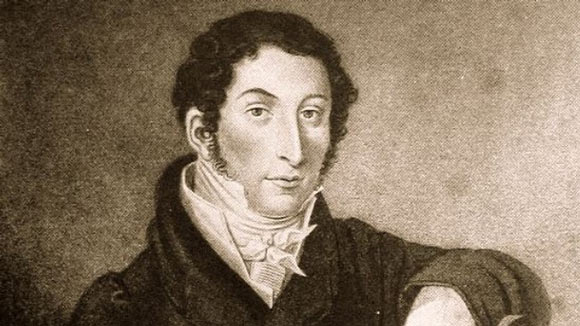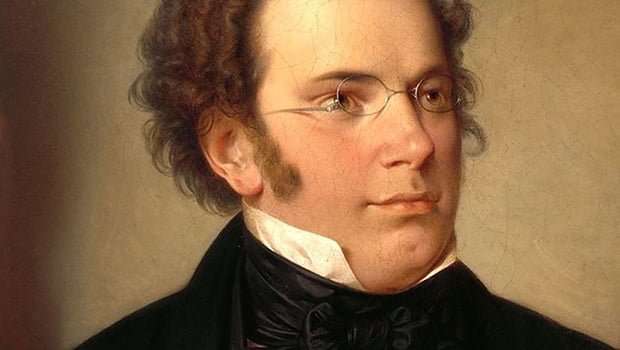Zoltán Kodály (1882–1967) stands as one of Hungary's most revered and influential composers, ethnomusicologists, and music educators of the 20th century. Born on December 16, 1882, in Kecskemét, Hungary, Kodály's life and work were deeply intertwined with his passion for Hungarian folk music and his dedication to music education.
Kodály's early exposure to music came from his family, particularly his mother, who played the piano and sang. He began his formal music education at the Budapest Academy of Music in 1900, studying composition with Hans Koessler. Kodály's interest in ethnomusicology was sparked during his travels through rural Hungary, where he collected and transcribed folk songs. This experience laid the foundation for his lifelong commitment to integrating folk music into classical compositions.
Albert William Ketèlbey (1875-1959) was a British composer and conductor whose prolific output of light orchestral music left an indelible mark on the musical landscape of the early 20th century. Born on August 9, 1875, in Birmingham, England, Ketèlbey displayed an early aptitude for music, mastering the piano and organ at a young age.
Ketèlbey's formal musical education began at Trinity College of Music in London, where he studied composition and conducting. His talent quickly garnered attention, and by the age of 23, he was appointed the conductor of the 80-member-strong Westminster Symphony Orchestra. This marked the beginning of his successful career as both a composer and conductor.
Frederic Chopin, a composer and pianist of unparalleled genius, left an indelible mark on the world of music during his short but brilliant life. Born in 1810 in Zelazowa Wola, Poland, and passing away in 1849 in Paris, France, Chopin's legacy endures as one of the most influential figures in the history of classical music. His life and work are a testament to the enduring power of art to transcend time and space, and this biography seeks to explore the life, struggles, and immense contributions of this musical genius.
Clara Schumann, born Clara Josephine Wieck on September 13, 1819, in Leipzig, Germany, was a remarkable pianist and composer who left an indelible mark on the world of classical music during the 19th century. Her life was a testament to talent, perseverance, and resilience, as she navigated the complexities of being a female musician in a male-dominated field.
Clara was a prodigy from an early age. Her father, Friedrich Wieck, was a well-known piano teacher, and he recognized her exceptional musical abilities from the start. Under her father's rigorous tutelage, Clara began performing in public when she was just nine years old. Her stunning virtuosity and deep emotional connection to the music she played captivated audiences throughout Europe.
Classical music has transcended time and culture, captivating audiences for centuries with its depth, emotion, and complexity. From the serene elegance of Mozart to the thundering power of Beethoven, the world of classical music is a treasure trove of remarkable compositions. This list celebrates the 100 best classical songs of all time, encompassing a range of genres, eras, and composers. Whether you're a seasoned classical music enthusiast or a newcomer to this art form, these masterpieces are bound to leave an indelible mark on your soul. As we reach the end of this list, we stand in awe of the immense beauty and depth of classical music. These 100 best classical songs serve as a testament to the enduring legacy of the composers and their works, resonating with generations past, present, and future. Whether you're seeking solace, inspiration, or sheer musical brilliance, the world of classical music offers an inexhaustible well of masterpieces waiting to be explored.
In the annals of musical history, few names resonate as profoundly as Wolfgang Amadeus Mozart. Born on January 27, 1756, in Salzburg, Austria, Mozart's prodigious talents and timeless compositions continue to captivate audiences worldwide, even centuries after his untimely death. His legacy as one of the greatest composers of all time has left an indelible mark on the world of classical music. Let's embark on a journey to explore the extraordinary life and history of this musical genius. Mozart's musical journey began at a tender age, as he was immersed in the world of music from an early stage. His father, Leopold Mozart, recognized his son's remarkable gifts and started providing him with music lessons when Wolfgang was just three years old. By the age of five, he was already composing original pieces and showcasing an astonishing level of musical comprehension. His rapid development into a musical prodigy soon caught the attention of Europe's elite, and he began performing in royal courts and prestigious venues across the continent.
Throughout the history of music, numerous instruments have captivated audiences with their melodious sounds and unique qualities. Among these extraordinary inventions stands the magnificent piano, an instrument that has mesmerized generations of musicians and listeners alike. In this blog post, we embark on a journey through time to explore the fascinating story behind the invention of the piano and its evolution into the beloved instrument we know today. To fully appreciate the piano's creation, we must first travel back to the Baroque period. During this time, the harpsichord reigned supreme as the primary keyboard instrument. With its plucked strings and limited dynamic range, the harpsichord produced a beautiful but mechanically uniform sound. Yet, musicians yearned for an instrument capable of expressing a wide range of emotions with greater nuance.
George Gershwin, an American musical genius, left an indelible mark on the world of music with his timeless compositions. From his unforgettable melodies to his innovative blend of classical and jazz, Gershwin's music continues to captivate audiences even to this day. In this blog post, we delve into the world of George Gershwin and highlight 10 of his best songs that showcase his extraordinary talent and enduring legacy.
In the realm of classical music, Carl Maria von Weber stands as a towering figure of the Romantic era. His innovative compositions and profound influence on the development of German opera have solidified his place in musical history. Join us as we delve into the life and works of this remarkable composer, exploring his artistic journey, notable achievements, and lasting legacy.
Franz Schubert, an Austrian composer of the early 19th century, left an indelible mark on the world of classical music. With his unparalleled ability to capture raw emotions and create enchanting melodies, Schubert's compositions continue to inspire and move listeners to this day. In this blog post, we will embark on a journey through Schubert's musical legacy and explore the ten best compositions that showcase his genius and artistic prowess.
